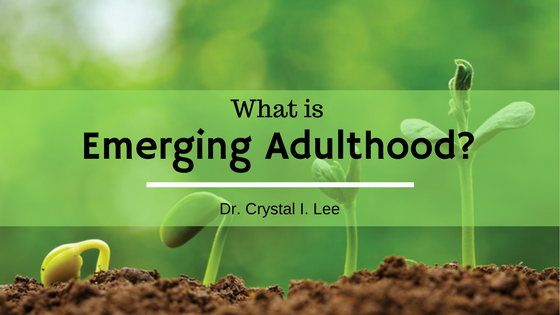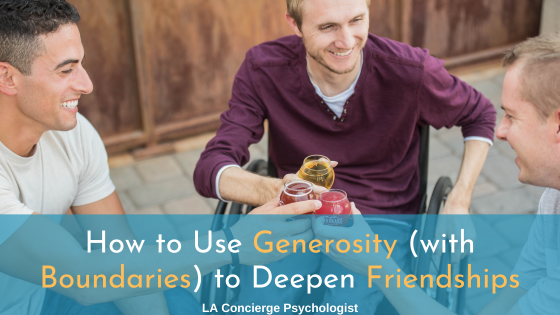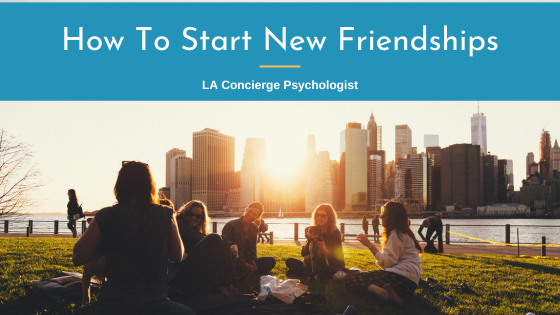I’ve been a one-woman crusader, educating people in Los Angeles about emerging adulthood and its implications on young people’s lives. I’ve seen the “aha!” moments when describing this new developmental period to parents, professionals, and emerging adults . Something clicks and everything is seen with a new, helpful perspective.
So what is emerging adulthood?
Researcher Dr. Jeffrey Arnett first started talking about emerging adulthood in the late 1990’s. Since then, his understanding of this proposed developmental period has become more refined… and even more relevant than before.
Emerging adulthood is conceptualized as the stage between adolescence and adulthood. It encompasses ages 18 to 29.
Over the course of 20 years of research, Arnett identified five features of emerging adulthood:
-
Feeling in-between
This is probably the one characteristic of emerging adulthood my clients relate to most. In many ways, they feel very adult-like. However, in many other ways, they feel like they’re not quite there yet. There’s also frequently ambivalence about “growing up”.
-
Identity exploration
Emerging adulthood is rife with big identity questions. Who am I? What do I want my relationships to look like? Do I still believe in the religion my parents raised me with? What career will I pursue? Throughout this period, young people are trying to discover who they truly are.
-
Sense of possibilities
Many emerging adults are very hopeful and optimistic about the future. In a national survey, 90% of emerging adults agreed that they would “eventually get what [they] most want out of life.” This can sometimes come off as being idealistic or irrational. During such a tumultuous developmental phase, this optimism and hopefulness is actually a wonderful asset to have.
-
Instability
With endless possibilities and paths to follow, emerging adult lives are often very unstable. They may change their major, career, or romantic partners numerous times before settling into a more stable life in their young adulthood.
-
Self-focus
Though not as self-focused as teens, emerging adults still are fairly self-focused. This makes sense. They are figuring out their identity and making plans to set-up the rest of their adulthood. Instead of thinking of this as selfishness, think of it as their way of learning to be a self-sufficient person.
Is emerging adulthood a universal experience?
Emerging adulthood is primarily found in developed countries. Not all adolescents have the luxury of taking time to discover their authentic self and best fitting career. Though, it’s projected that emerging adulthood will become more widespread in the future.
How long should I expect emerging adulthood to last?
Arnett suggests that the majority of emerging adults successfully transition to full-fledged adulthood by age 30. Unfortunately, a portion of emerging adults get stuck. The uncertainty, anxiety, and ambivalence in emerging adulthood become difficult obstacles to overcome. Fortunately, I’ve worked with these individuals and have seen them successfully make their way to adulthood with professional guidance.
But what if my child struggled as a teenager?
Even if your child has mental health struggles (e.g., anxiety, depression) or is neurodiverse (e.g., Autism Spectrum Disorder, ADHD), he or she can still successfully transition to adulthood. These emerging adults may be more likely to get stuck and struggle. However, with appropriate support and guidance, I have seen these young people thrive, too. Emerging adulthood may be prolonged, but it doesn’t have to be permanent.
Is your emerging adult stuck and not progressing? Contact Dr. Crystal I. Lee for a free 20 minute consultation to see how she can help.
Please read more about parenting an emerging adult here.




